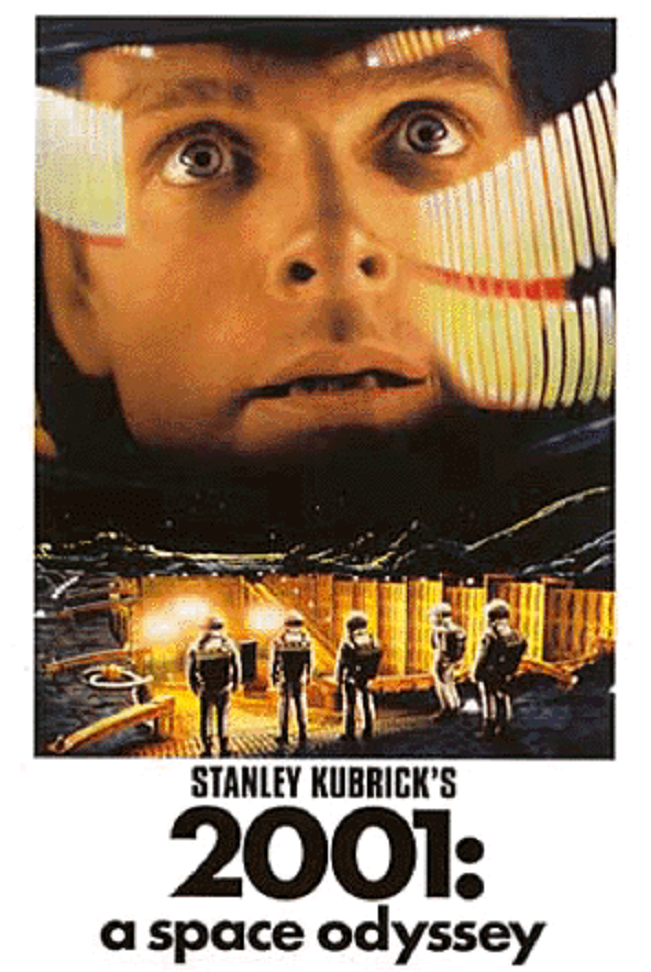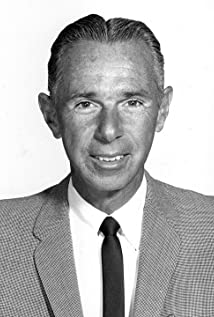Jack Arnold (I)
Jack Arnold reigns supreme as one of the great directors of 1950s science-fiction features. His films are distinguished by moody black and white cinematography, solid acting, smart, thoughtful scripts, snappy pacing, a genuine heartfelt enthusiasm for the genre and plenty of eerie atmosphere.
Arnold was born on October 14, 1912, in New Haven, Connecticut. He began his show business career as an actor in both on- and off-Broadway stage productions in the late 1930s and early 1940s; among the plays he appeared in are "The Time of Your Life," "Juke Box Jenny," "Blind Alibi," "China Passage," and "We're on the Jury." Arnold served in the US Army in the Signal Corps during World War II. He apprenticed under famous documentary filmmaker Robert J. Flaherty. Following his tour of duty Jack started making short films and documentaries. One short, With These Hands (1950), was nominated for an Academy Award as Best Documentary Feature. Arnold made his theatrical movie debut with the B picture Girls in the Night (1953). He then did his first foray into the science-fiction genre: the supremely spooky Llegaron de otro mundo (1953). Jack achieved his greatest enduring cult popularity with El monstruo de la Laguna Negra (1954), a scary yet poetic reworking of "Beauty and the Beast". El regreso del monstruo (1955) was a worthy sequel. Tarántula (1955) was likewise a lot of fun. El hombre increíble (1957) rates highly as Arnold's crowning cinematic achievement; it's an intelligent and entertaining classic that's lost none of its potency throughout the years.
Arnold's final two genre entries were the enjoyable Monstruo en la noche (1958) and the offbeat The Space Children (1958). His other movies are a pretty varied and interesting bunch, including the hugely successful Rugido de ratón (1959) (which helped to establish Peter Sellers as an international star), the teen exploitation gem La escuela del vicio (1958), the superior Audie Murphy western Bala sin nombre (1959), the goofy comedy Hello Down There (1969) and the silly softcore romp The Bunny Caper (1974).
In addition to his film work, Arnold also directed episodes of such TV shows as Science Fiction Theatre (1955), Peter Gunn (1958), Perry Mason (1957), Rawhide (1959), La isla de Gilligan (1964), Patrulla juvenil (1968), La mujer maravilla (1975), El crucero del amor (1977), La mujer biónica (1976) and Buck Rogers in the 25th Century (1979).
The father of producer/casting director Susan Arnold, Jack Arnold died at age 79 on March 17, 1992.

